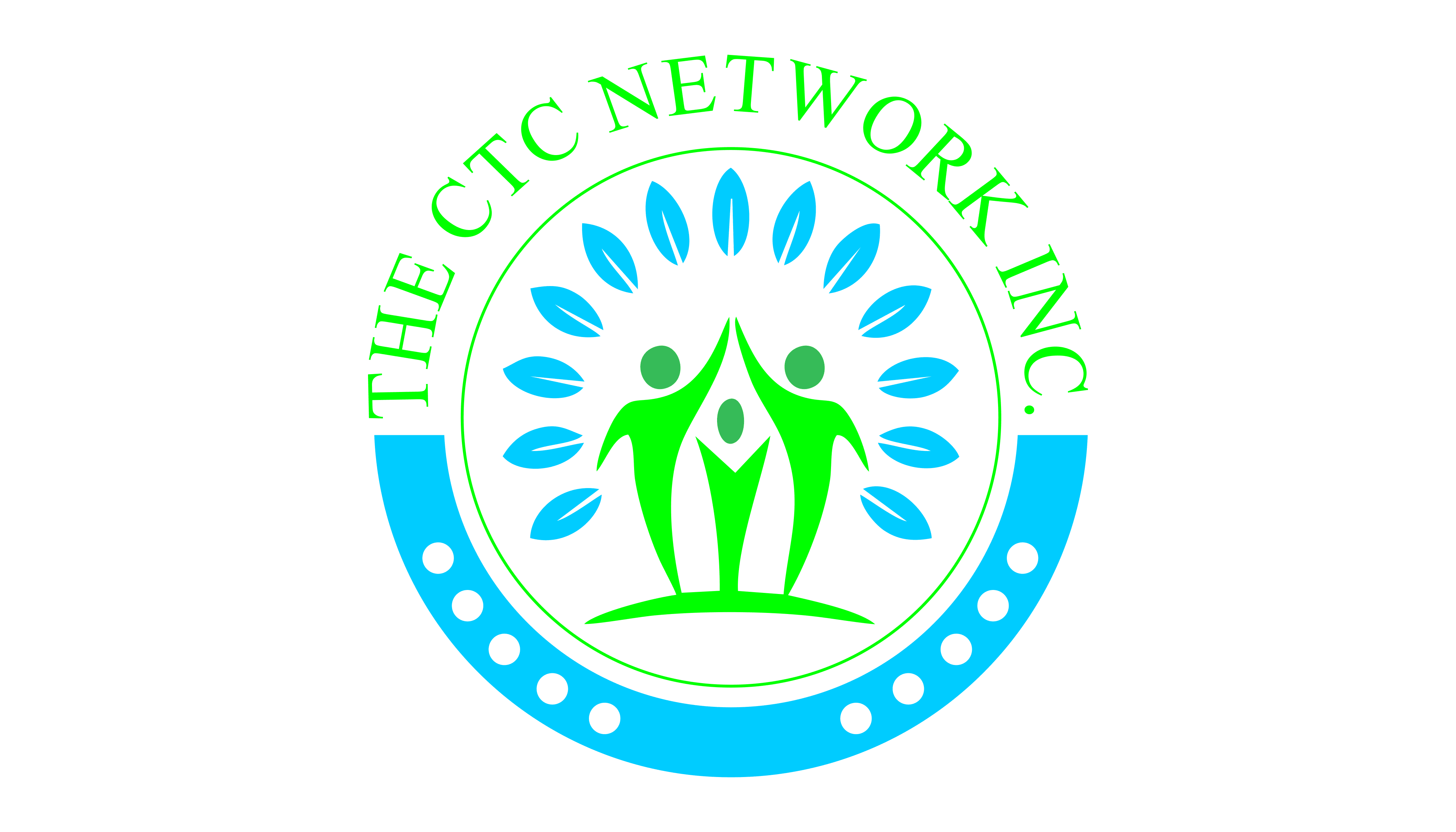First Responders

Our First Responder courses were developed by Rev. Dr. Naomi Paget BCC. Chaplain Jonathan C. Carey is a certified instructor.
Operational Stress First Aid (One Day Workshop)
There is no cost for the training, however we require you to schedule three months in advance.
Operational Stress First Aid (OSFA) is a unique program to teach psychological first aid to first responders and others who are susceptible to stress injury. The program originally developed by the Department of Defense for the Marines is used to prevent, identify and treat stress problems caused by operations, critical events, and personal or family crises. The goal of OSFA is to build resiliency and awareness and to keep personnel fully functional. The program also includes tools to assist leaders and personnel to take appropriate actions to restore personnel to full function and readiness when necessary. The principles of this class are foundational to all psychological first aid and resources that reference legitimate and credible crisis intervention organizations.
What You Will Learn
- Four sources of stress injury
- Understand the operational stress continuum illustrated by 4 colors.
- Signs and symptoms of stress injury
- Leadership functions during stress
- How to do an after-action review
- Understanding the checklist to determine the level of stress.
Communication During Crisis (One-Day Workshop)
There is no cost for the training, however we require you to schedule three months in advance.
Intentional Listening and Compassionate Responding
Even in the best of circumstances, communication is difficult. Understanding what people mean and responding so people understand is a constant challenge in “good communication.” Effective communication during critical moments requires skills in mitigating stress, building rapport, and compassionate responses. Listening to facts is much easier than listening to the emotions of a person during a crisis.
Responding to a cognitive question is much easier than responding to “Why?” During critical moments, impacted people need listeners who know how to apply the principles of psychological first aid and still respond compassionately.
Care providers must know how to respond to impacted folks who are afraid, who are grieving, and even those who are difficult – challenging to listen to in the crisis moment. Care providers may encounter people who feel desperate or hopeless. Compassionate communication includes knowing what to say if someone is suicidal.
This training course will help you know what you must intentionally do to become a better, effective communicator during a critical situation when a person has been impacted by the event and is aroused – in distress. In crisis intervention, active listening is essential. However, the appropriate response is also necessary for the communication process. It requires both listening and responding in such a way that the impacted speaker feels compassionately heard and understood. In other words, the responder must learn to “listen with your heart.”
What you will learn
• How communication is impacted by crisis reactions
• What communication needs exist during the crisis
• How people communicate when distressed
• Principles of active listening
• Ethics of Listening
• Principles of compassionate responses
• How to communicate with fearful people
• How to communicate with people who are grieving
• How to communicate with difficult people
• What to say if someone is suicidal
Continuing Education Credit:
Jonathan C. Carey - Certified Trainer
Contact Us
Empower Others, Transform Lives: Send Us a Message Today
Thank you for your interest in our transformative chaplaincy training programs. Whether you seek information, or sponsorship, or want to join our community, we're here to help. Our programs equip believers with impactful skills, cultural sensitivity, and resilience to bring hope and healing. Fill out the form below, and let's empower and transform lives together.

